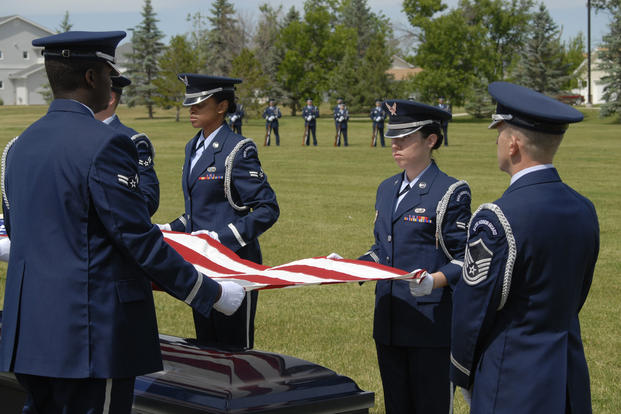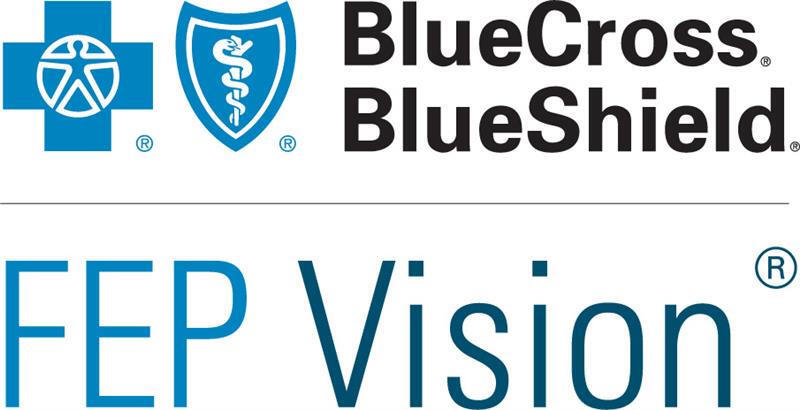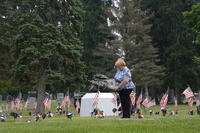Survivors of deceased military members and veterans are entitled to several forms of compensation. These include Dependent Indemnity Compensation, a Death Gratuity payment and Tricare benefits.
In addition, many states offer special benefits for survivors of those who served.
Dependency and Indemnity Compensation (DIC)
DIC is a monthly benefit paid to eligible survivors of a:
- Military service member who died while on active duty, OR
- Veteran whose death resulted from a service-related injury or disease, OR
- Veteran whose death resulted from a non service-related injury or disease, and who was receiving, or was entitled to receive, VA Compensation for service-connected disability that was rated as totally disabling for at least 10 years immediately before death, OR since the veteran's release from active duty and for at least five years immediately preceding death, OR for at least one year before death if the veteran was a former prisoner of war who died after Sep. 30, 1999.
Learn more about the DIC program
Death Gratuity
The death gratuity is a tax-free payment of $100,000 that is paid to survivors of the following armed service members:
- A member who dies while on active duty or while on authorized travel
- A reservist who dies while on inactive duty training or on authorized travel
- A ROTC member who dies while performing annual training duty under orders for a period of more than 13 days, or on authorized travel
- A person who has been accepted to active duty and dies while traveling to or from that place or under orders
Learn more about the Death Gratuity Payment
Death Pension
Death Pension is a benefit paid to eligible dependents of deceased wartime veterans. You may be eligible if:
- The deceased veteran was discharged from service under other than dishonorable conditions, AND
- They served 90 days or more of active duty with at least 1 day during a period of war time (however, the law requires that anyone who enlists after Sep. 7, 1980 generally has to serve at least 24 months or their full enlistment in order to receive any benefits based on that period of service. AND
- You are the surviving spouse or unmarried child of the deceased veteran, AND
- Your countable income is below a yearly limit set by law.
Learn more about the Veteran Death Pension.
Health Insurance
Surviving spouses and unmarried children of deceased active duty or retired service members are eligible if the sponsor was serving or was ordered to active duty for more than 30 days at time of death.
- Claims will be cost-shared at the active duty family member rate for three years after death of active duty sponsor, and thereafter at the retiree rate.
- Widows or widowers remain eligible until they remarry (loss of benefits remains applicable even if remarriage ends in death or divorce).
- Children remain eligible until age 21, unless they meet the exceptions above.
Basic Allowance for Housing
The spouse and children of a deceased service member living in government quarters are entitled to either remain in government housing for 365 days, or to relocate to private quarters and receive a one year of Basic Allowance for Housing (BAH) or Overseas Housing Allowance (OHA) as appropriate. To receive this allowance for private quarters, the service member must have been eligible to receive those allowances for his or her dependents at the time of death.
For more information see our overview of veteran & spouse benefits.
Keep Up with the Ins and Outs of Military Life
For the latest military news and tips on military family benefits and more, subscribe to Military.com and have the information you need delivered directly to your inbox.












